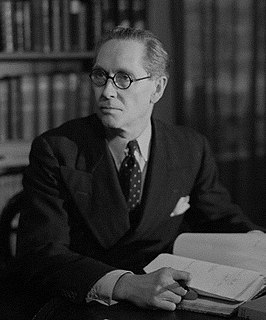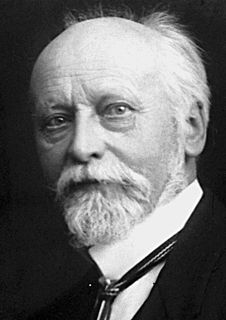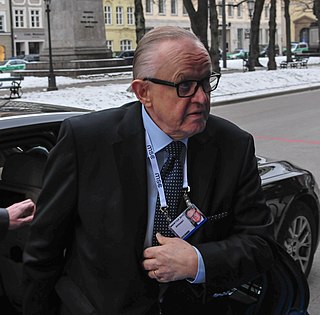A Quote by Philip Noel-Baker, Baron Noel-Baker
Defeatism about the feasibility of plans for disarmament and ordered peace has been the most calamitious of all the errors made by democratic governments in modern times.
Related Quotes
By far the most numerous and most flagrant violations of personal liberty and individual rights are performed by governments... The major crimes throughout history, the ones executed on the largest scale, have been committed not by individuals or bands of individuals but by governments, as a deliberate policy of those governments-that is, by the official representatives of governments, acting in their official capacity.
Governments are based pincipally on force and deception. Democratic governments are based chiefly on deception, other governments on force. And democratic governments, if you get too uppity, give up on the deception and resort to brute force, as a lot of us found out in the sixites. Those who didn't find out in the sixites will find out in the near future because we're going to have a rerun.
Most governments only want to deploy a peacekeeping force where there is a peace agreement and there is peace to keep. They are very hesitant about putting their men and women in harm's way. It is extremely difficult to get the troops if you do not have the consent of the country where you are deploying.































